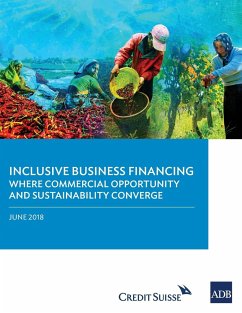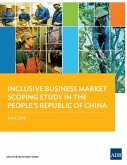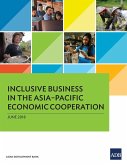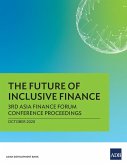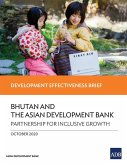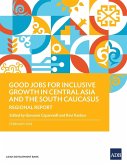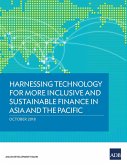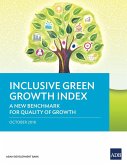Inclusive businesses will help the poor to engage more fully in economic activity, thus, the need to provide them access to innovative modes of financing. Reducing poverty and inequality requires innovative modes of financing. By enabling the poor to engage more fully in economic activity and participate in supply chains and value chains, inclusive businesses help them to increase earnings and accumulate wealth. This is why inclusive businesses are gaining prominence as an effective response to socioeconomic and environmental challenges. Understanding how best to finance them will accelerate inclusion and poverty reduction. Written as a resource for finance practitioners, financial institutions, fund managers, and development finance institutions, this report builds on the notion that engaging marginalized and commercially-excluded people is vital-and that it can be done profitably. Drawing on case studies from across Asia, it examines the two main conduits for financing inclusive businesses: bank debt and private equity.

